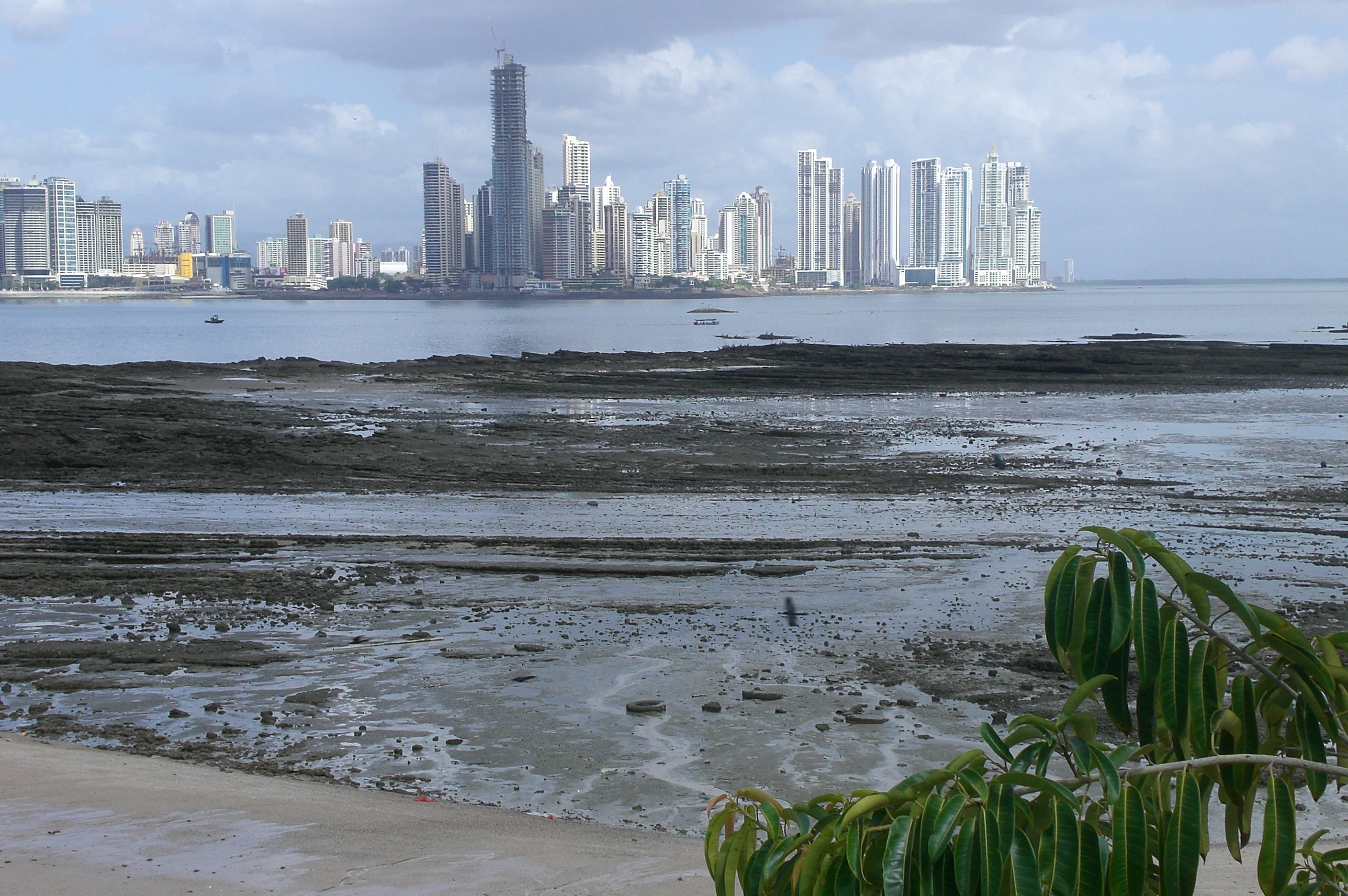
During Barack Obama’s presidential administration, the United States entered into bilateral free trade agreements with not only Panama, but Colombia and South Korea as well.![]()
![]()
It might surprise Vermont senator Bernie Sanders, but that didn’t transform Colombia and South Korea offshore tax havens.
Panama, like the British Virgin Islands or a handful of well-known jurisdictions (including Delaware), was known as a top offshore destination for foreign assets well before 2012, when the U.S.-Panama Trade Promotion Agreement took effect. Today, in the aftermath of the jaw-dropping leak of the ‘Panama Papers,’ a 2011 video clip of Sanders, the insurgent candidate for the Democratic presidential nomination, is now going viral.
But it’s far from evidence that Sanders was somehow prescient, and the suggestion that the U.S.-Panama free trade agreement somehow led to Panama’s reputation as a tax haven is disingenuous.
The truth is that offshore jurisdictions have been under siege for years, and the United States has been at the forefront of that fight. It began in earnest in the 1990s, a result of efforts to stymie money laundering related to drug trafficking. But it accelerated to warp speed after the 2001 terrorist attacks in response to concerns about the intricate networks that financed terrorism. Both before and after the aftermath of the global financial crisis in 2008-2009, the Organization for Economic Co-operation and Development took steps to force many of the worst global offenders, named and shamed on its ‘blacklist’ and ‘graylist’ of violators, to weaken their bank secrecy regimes.
That included, perhaps most notably, Switzerland, once the gold standard of secret bank accounts, which agreed to relent its famous standards of bank secrecy in 2009 and 2010. For the record, neither Panama nor the United States signed a more recent effort from 2014 to introduce greater tax transparency. Yet, under the Obama administration, the Foreign Account Tax Compliance Act (FATCA) has put unprecedented burdens on foreign financial institutions in the effort to root out American tax cheats.
Despite the easy meme about Sanders, the U.S.-Panama free trade agreement was always about free trade.